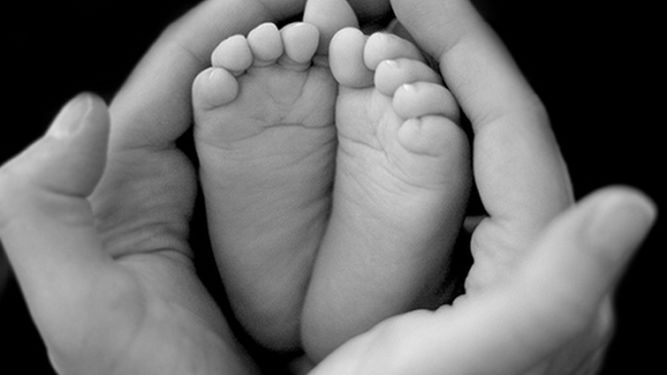Child rights group demands sex-ed action

WHILE a draft law on sex education sits s frozen in the National Assembly The Committee on the Rights of the Child has recommended wide ranging changes to current rules.
Among its recommendations are the decriminalizing of abortion; to guarantee adolescents’ access to economic contraceptives. and to restart the dialogue on sexual and reproductive health legislation.
The committee is composed of five independent experts whose job is to supervise the application of the Convention on the Rights of the Child, ratified by Panama in 1990.
“The Committee is concerned about the suspension of the debate in the National Assembly of Bill 61, which calls for policies of integral education, care and health promotion, especially regarding sexual and reproductive health, “says a newly released document.
The text emphasizes the experts’ concern that girls under the age of 19 represent 18.7% of pregnancies reported in 2016. It also highlights the high dropout rates of pregnant children, the high number of those with venereal diseases and the lack of receptive health services for teenagers.
The discussion about sexual health, especially when it comes to minors, becomes quickly a debate of religious beliefs in Panama. Many say that sex education must be given at home.
Dr Orlando Quintero, director of the Health and Dignity Foundation of people affected by HIV / AIDS questions this thinking. “Unfortunately there is a mentality that talking about sexuality encourages young people to have sex. which is absurd. Who has the information, has the power. I’m not talking about being able to have sex, but the power to say No, “said Quintero.
“They think that their children are saints, and then young people do not dare to say anything for fear that they get beaten. They do not say anything, but they still have sex, infecting more people, “he said. He felt that young people should be able to get tested for HIV without their parents, but that all treatment must be executed with their knowledge, consent and participation since they are those responsible for the health of their children.
Quintero estimates that more than 90% of Panamanian homes lack adequate orientation and education
on sexual and reproductive health issues. He supports the recommendation of the report to promote the legislation but is firmly against abortion.





